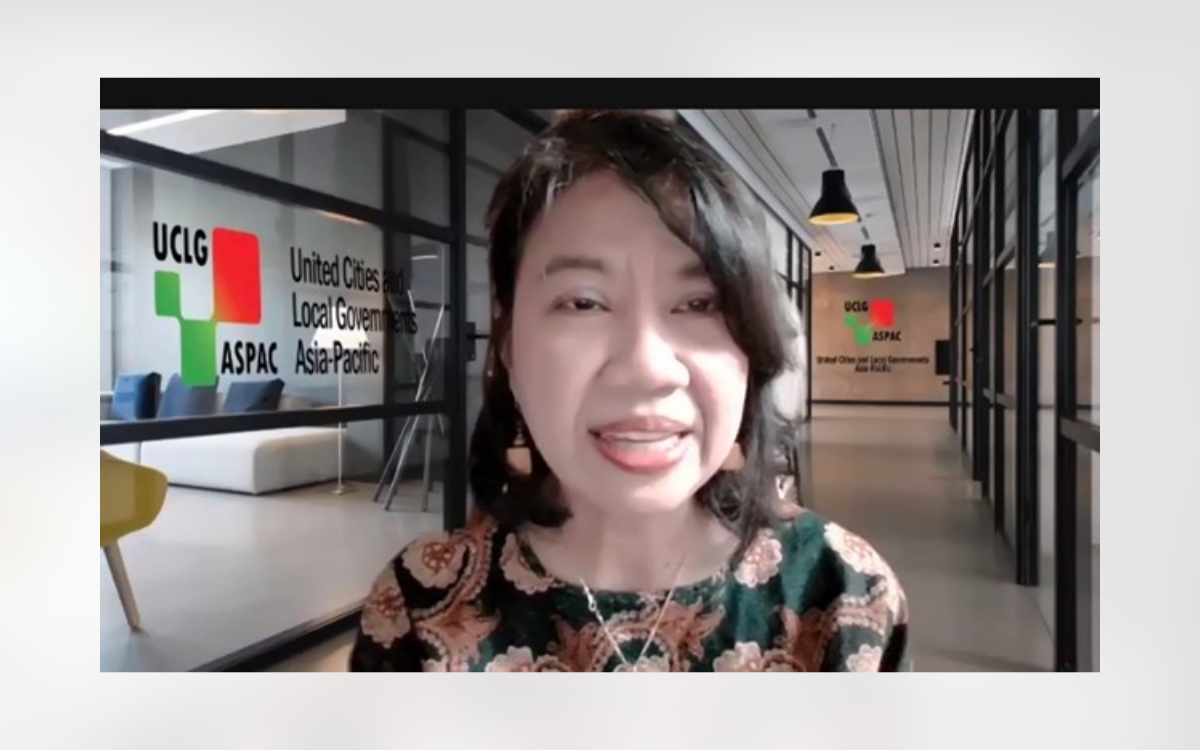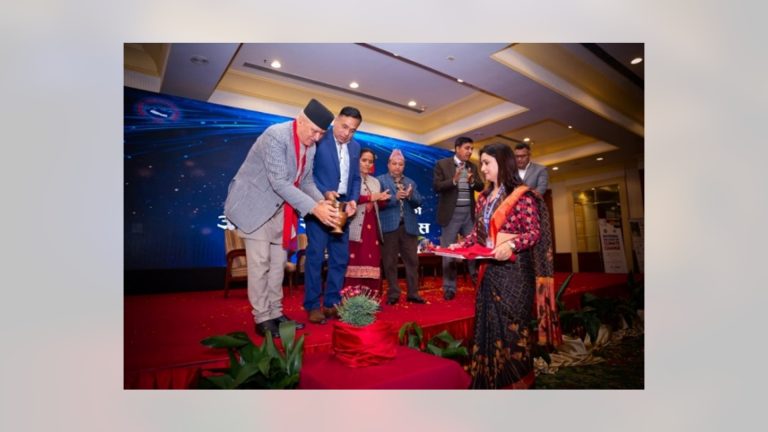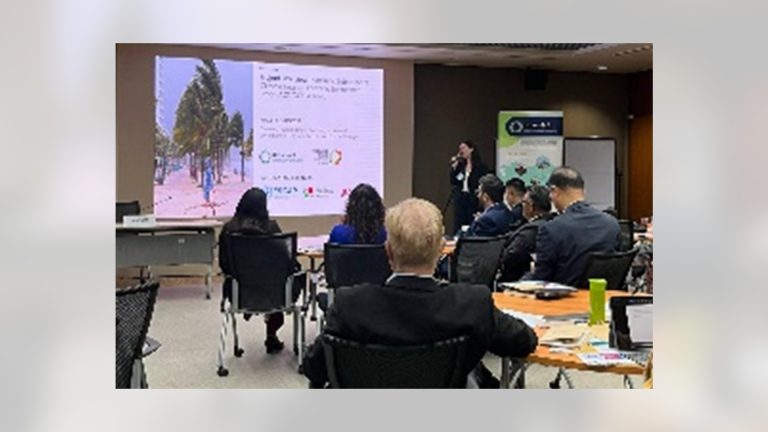[et_pb_section admin_label=”section”]
[et_pb_row admin_label=”row”]
[et_pb_column type=”4_4″][et_pb_text admin_label=”Text”]Nowadays, the COVID-19 pandemic has definitely set the precedent for local governments around the world to re-think their strategies in a more sustainable and resilient manner in regards to city planning.
Vaccination rates have improved, which propels cities and municipalities, including in the Asia-Pacific to speed up the recovery which is also directly contributing to the achievement of SDGs. Of all the interconnected goals of the SDGs, there is one that significantly symbolises one important SDGs principle that is most familiar in our ears; ‘No One Left Behind’.
SDG 16 on Peace, Justice and Strong Institutions advocates the importance of human rights in creating conditions that are essential for sustainable development. From a good governance standpoint, UCLG ASPAC recognises how local government is at the core of ensuring that city development is inclusive and participative, especially due to the fact that over 60% of SDGs targets are under the mandate of local governments. In other words, localising human rights in the SDGs progress should always go hand-in-hand, where civil, economic, political, social and even cultural rights are constantly upheld throughout the development process.
This transpires in many forms, such as providing adequate housing, education, healthcare, food security, fundamental social protections, economic resources and opportunities which enables every individual to lead meaningful lives. Therefore, prioritising the human rights aspect of development can mean direct contribution to the welfare of citizens, which is just as an important factor towards recovery for urban resilience.
In the spirit of human rights advocacy, UCLG ASPAC alongside the RWI Regional Asia Programmes and the City of Gwangju has jointly organised a Blended Learning Course (BLC) as a follow-up of the Letter of Intent signed by RWI and UCLG ASPAC in 2021, and the Memorandum of Understanding signed by three parties in 2019.
The BLC is aimed at introducing the concepts, experiences, and network on localising human rights in SDGs localisation by local governments across Asia Pacific, members of UCLG ASPAC and how to leverate it in reshaping city planning to achieve a sustainable and inclusive recovery with urban resilience as its end-goal. Throughout the BLC programme, participants have been developing an action plan on how they will transfer their knowledge and networks into their daily programme and responsibility in their respective regions, where five (5) promising projects were selected and shared in the sharing session side-event of the 11th world Human Rights City Forum.
The 5 promising projects derived from participants from various cities in the Philippines focus on localising human rights and SDGs for inclusive and rights-based recovery, whom Dr. Bernadia Irawati Tjandradewi congratulated. She also encouraged them to transform any key takeaways of the BLC programme, and their participation throughout as an example for local governments and their representatives in the Asia Pacific. “To all selected participants I congratulate your enthusiasm throughout the course in promoting development by putting people first, and promoting inclusiveness as priority,” she said.
In line with the spirit of collaboration, Dr. Bernadia also mentioned how UCLG ASPAC has been working closely with United Nations Human Rights Council (UNHCR), to possibly agree on a work plan that can help local governments pave a people-centered development in their cities as a government body closest to its communities.
“We hope to have a certain agreement with them to highlight how we can better articulate local government action and plans to implement human rights in their cities. There is a need to transfer any commitments into policies infused with important human rights values such as no-discrimination, equality; values that are based on respect that are reflected in local governments’ development plans.”
The same encouragement and appreciation were also expressed by Prof Shin Gyonggu as Director of Gwangju International Center of South Korea. In his remarks, he considers this course as a joint-effort in being part of a human rights movement that is always open to fruitful discussions regarding basic human rights values; values that the city of Gwangju stands for as a human rights city.
“Gwangju has expanded our international network. It was possible because we are constantly sharing our hearts and convictions regarding human rights. So, I can guarantee that sharing our souls is the most efficient way for international collaboration,” he said.
Edited by KM Team[/et_pb_text][/et_pb_column]
[/et_pb_row]
[/et_pb_section]











